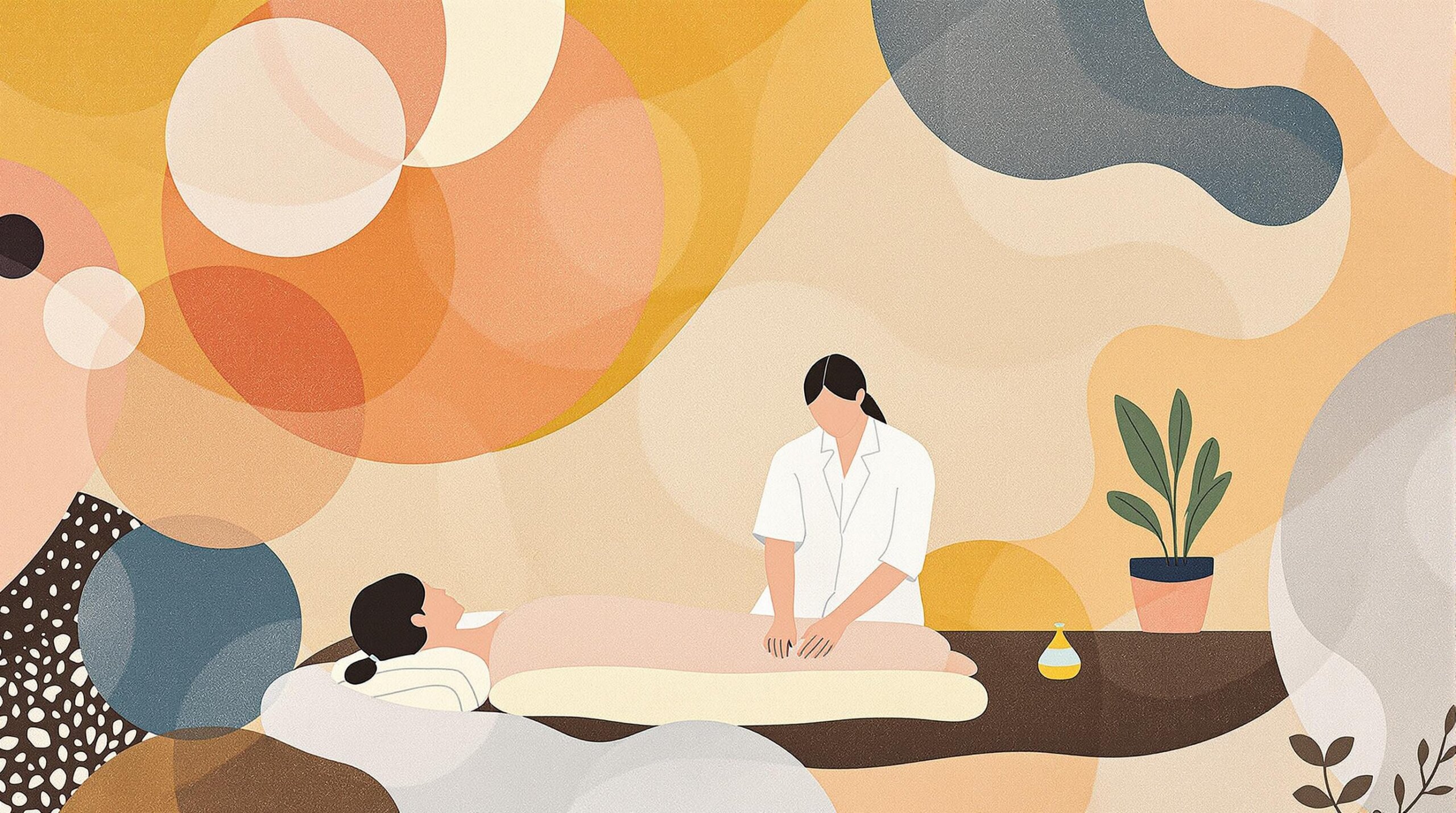Understanding Traditional Chinese Medicine and Longevity: The Basics
The Ancient Connection Between Acupuncture and Long Life
Acupuncture isn’t just about sticking needles in random spots – it’s a sophisticated system of medicine that’s survived for over 2,000 years. The Chinese discovered that specific points on the body could influence health, vitality, and lifespan. Modern research is finally catching up to what ancient practitioners knew: these techniques can significantly impact our biological age.
The Science of Qi and Aging
Qi, often described as life force energy, flows through pathways called meridians. When these pathways become blocked, illness and accelerated aging can occur. While this might sound mystical, recent scientific studies have found fascinating correlations between these traditional concepts and modern biology. Acupuncture points often correspond to areas rich in nerve endings and blood vessels, suggesting a biological basis for these ancient practices.
Origins and Evolution of Longevity Practices
Chinese medicine developed its longevity practices through centuries of observation and refinement. The famous Yellow Emperor’s Classic of Internal Medicine, written around 240 BCE, detailed how maintaining balanced Qi could extend life. Today’s research shows these ancient practitioners were onto something – acupuncture can reduce inflammation, boost immune function, and regulate hormones, all crucial factors in aging.
Common Misconceptions About TCM and Aging
Many people dismiss Chinese medicine as unscientific folklore. However, numerous clinical trials have demonstrated its effectiveness. Another myth is that acupuncture must hurt to work – in reality, proper treatment should cause minimal discomfort. The idea that TCM is incompatible with Western medicine is also false; many medical centers now offer integrated treatment approaches.
Research and Evidence
Clinical studies paint an impressive picture. Research published in Nature Medicine shows acupuncture can reduce systemic inflammation by up to 50%. A 2021 meta-analysis found that regular acupuncture treatments improved markers of cellular aging. Studies from Harvard Medical School indicate that acupuncture can enhance mitochondrial function, a key factor in aging.

Modern Applications of Traditional Chinese Medicine for Longevity
Integrating Ancient Wisdom with Modern Science
Contemporary practitioners combine traditional knowledge with current research. They use advanced imaging to map acupuncture points and measure physiological responses. This blend of old and new has created more effective, evidence-based treatments. Modern clinics often use electronic stimulation alongside traditional needling techniques, amplifying the benefits for longevity.
The Role of Herbal Medicine in Life Extension
Chinese herbs aren’t just supplements – they’re powerful medicinal compounds. Many common longevity herbs have been validated by science. For example, astragalus root contains compounds that can protect telomeres, while ginseng has been shown to reduce oxidative stress. These herbs work synergistically with acupuncture to promote healthy aging.
Key Components of TCM Longevity Practices
Understanding Energy Systems
TCM identifies five major organ systems that influence aging: heart, lungs, kidneys, liver, and spleen. Each system requires specific support to maintain optimal function. Modern research confirms these organs’ crucial roles in aging – the kidneys regulate inflammation, the liver detoxifies harmful compounds, and the heart maintains circulation of nutrients and oxygen.
Balancing Yin and Yang for Optimal Aging
The concept of yin-yang balance directly affects how we age. Yin represents cooling, nurturing energy, while yang represents warmth and activity. Research shows this balance relates to circadian rhythms, stress responses, and hormonal regulation – all critical factors in aging. Maintaining this balance through acupuncture and herbs can slow biological aging.
Lifestyle Factors in TCM Longevity
Traditional Chinese Medicine emphasizes that acupuncture works best alongside proper lifestyle practices. Sleep quality, dietary choices, and stress management all play crucial roles. Recent studies confirm these factors significantly impact cellular aging and longevity markers.
Practical Applications for Enhanced Longevity
- Regular acupuncture sessions (typically weekly or bi-weekly)
- Daily qi gong or tai chi practice
- Seasonal dietary adjustments based on TCM principles
- Strategic use of Chinese herbs for energy and vitality
- Proper sleep hygiene following TCM timing recommendations
- Stress reduction through meditation and breathing exercises
- Regular exercise balanced with adequate rest
- Attention to environmental factors affecting health
- Implementation of preventive health practices
- Regular health monitoring using both TCM and Western metrics
Specific Benefits for Longevity
Physical Benefits
Acupuncture offers numerous physical advantages for healthy aging. It improves circulation, reduces chronic pain, and enhances sleep quality. Research shows it can boost immune function by up to 40% and reduce inflammatory markers in the body. These effects directly contribute to slower biological aging.
Mental and Emotional Benefits
The mind-body connection in TCM is crucial for longevity. Regular treatments reduce stress hormones like cortisol by up to 30%. Studies show acupuncture can improve memory, reduce anxiety, and enhance overall cognitive function – all vital for maintaining quality of life as we age.
Systemic Health Improvements
TCM approaches aging as a whole-body process. Clinical research demonstrates that regular treatments can improve cardiovascular health, enhance digestive function, and optimize hormonal balance. These systemic improvements create an internal environment conducive to healthy aging.
Future Directions in TCM and Longevity Research
Scientific investigation of TCM continues to expand. Researchers are using advanced imaging techniques to understand how acupuncture affects brain function and cellular repair mechanisms. New studies focus on identifying active compounds in traditional herbs that might influence longevity genes.
The integration of artificial intelligence is revolutionizing how we understand TCM patterns. Machine learning algorithms are helping to identify optimal treatment combinations for different aging-related conditions. This technology could lead to more personalized and effective longevity protocols.
Implementing TCM in Your Longevity Strategy
- Start with a thorough TCM evaluation
- Create a personalized treatment plan
- Combine acupuncture with appropriate herbs
- Incorporate daily qi gong or tai chi
- Follow TCM dietary guidelines
- Practice stress-reduction techniques
- Monitor progress with regular assessments
- Adjust treatments based on seasonal changes
- Maintain consistency in treatments
- Document improvements in health markers
Traditional Chinese Medicine offers a comprehensive approach to extending both lifespan and healthspan. The combination of acupuncture, herbs, and lifestyle practices creates a powerful framework for healthy aging. As science continues to validate these ancient techniques, TCM’s role in longevity medicine will likely expand. The key is starting early, maintaining consistency, and working with qualified practitioners who can tailor treatments to individual needs.



